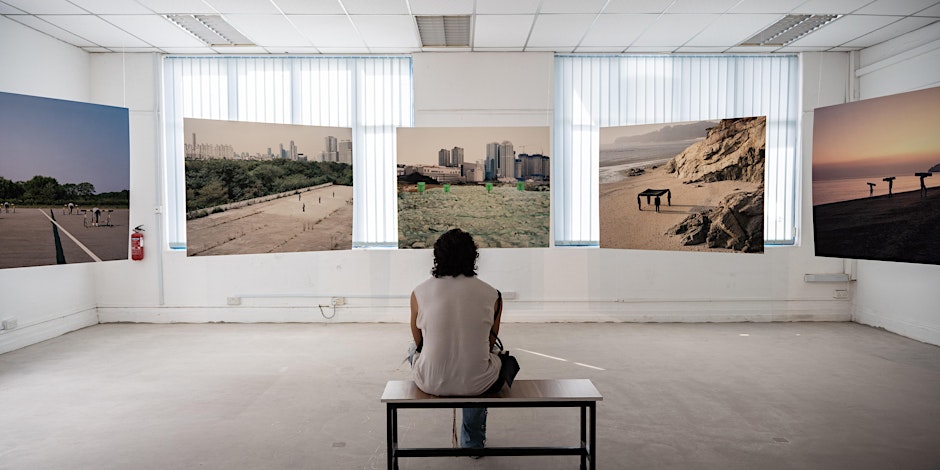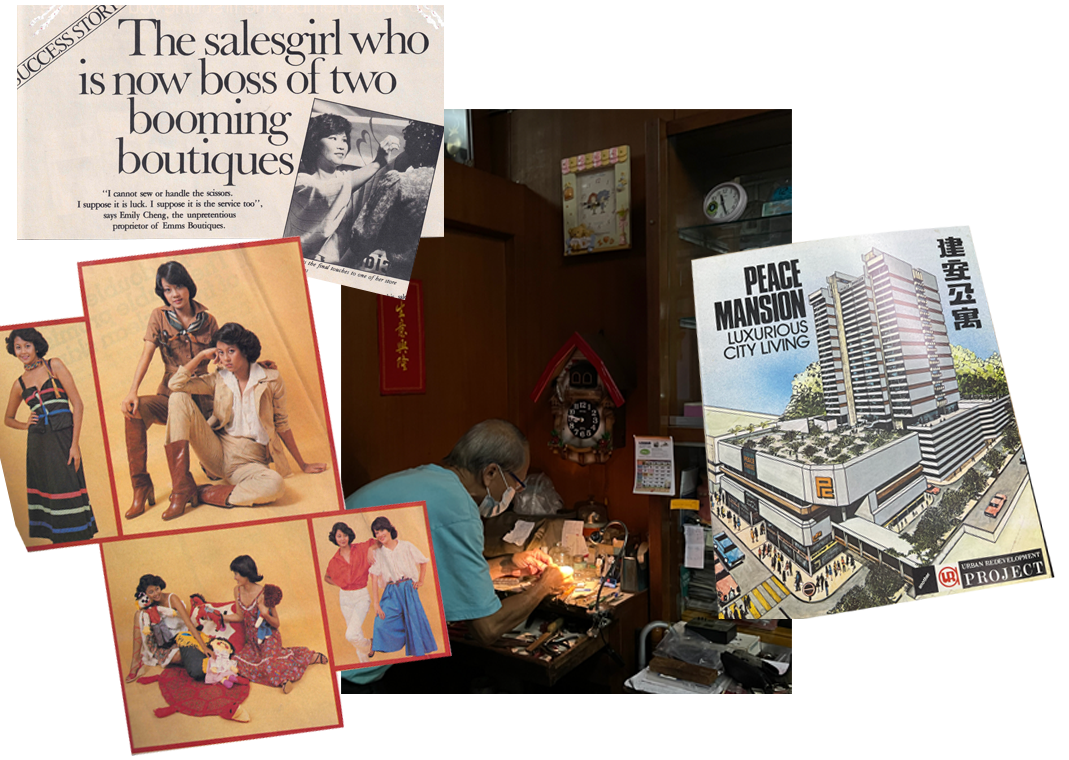“Climbing Frames” is a mini archive of children’s climbing frames from the 1950s and 60s, each shaped like a form of transport. The images are a record of a former time and an earlier attitude to play and childhood. In each of the images, the climbing frame has been digitally removed from an urban environment and relocated to an English village setting. The English village life was then jeopardized by British science fiction films of the 1940s and 50s, which dealt with negative influences of mass immigration, new technology and the cold war. Consequentially, the climbing frames presented in this series suggest a collective sense of intrusion into and the loss of England’s idyllic life.
Hopgood thus, opens up the question of what we actually conserve and what we consider to be worth conserving. In doing so, he stresses not so much on the climbing frames but on the larger significance and conservation of a shared heritage within the narratives of Englishness.
About the Artist
Roger Hopgood was born is Potsmouth in 1961. He studied fine art at North East London Polytechnic and then at the Slade School of Art, exploring lens-based media within the school’s Experimental Department. At the Slade, Hopgood was awarded the Julian Sullivan prize for his film Human Pyramid. In the 1990’s, Hopgood began to investigate the potential of digital technology for collaging photographic images and over the past decade has built up a portfolio of work that focuses on the relationship between landscape and cultural identity. As seamless, believable collage the work also addresses the debates around digital technology and its impact on photography’s reputation as factual medium. Recent exhibitions of his work include Reclaimed at Focal Point Gallery in Southend (2007) and Through the Lens at the Royal West of England Academy in Bristol (2008). He is currently Course Leader of the Visual Design degree at Ashford School of Art and Design.







